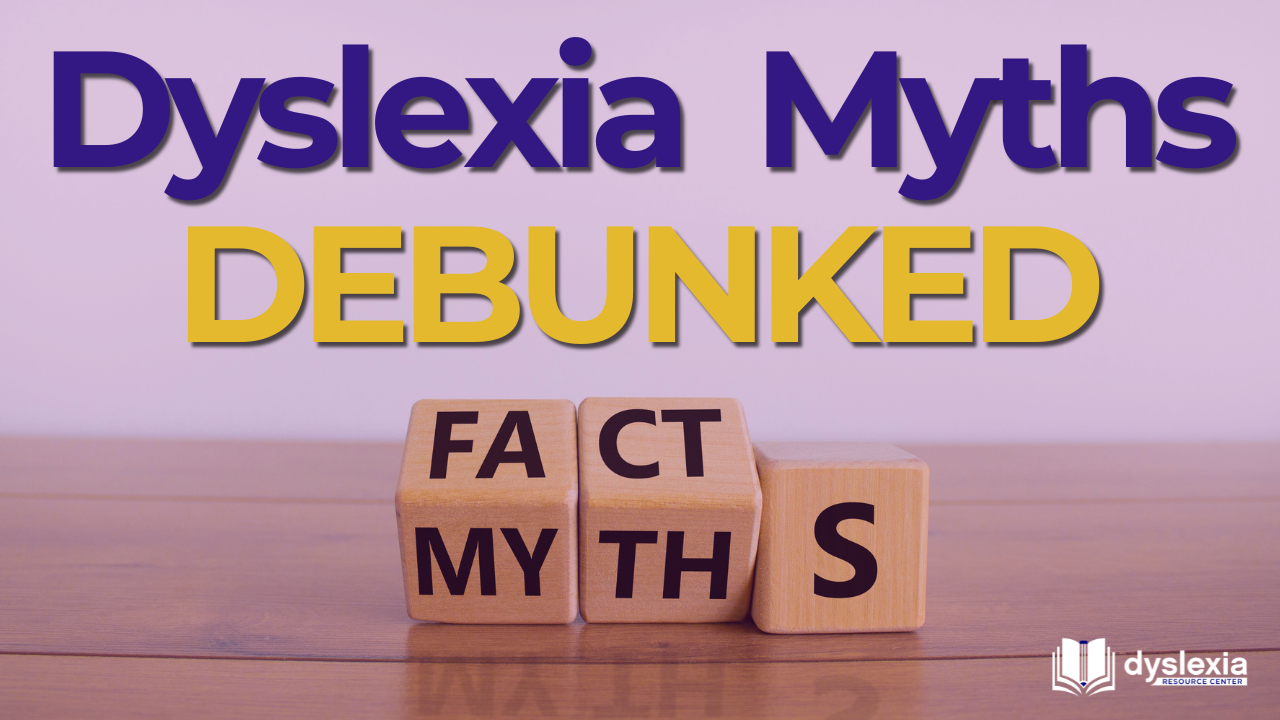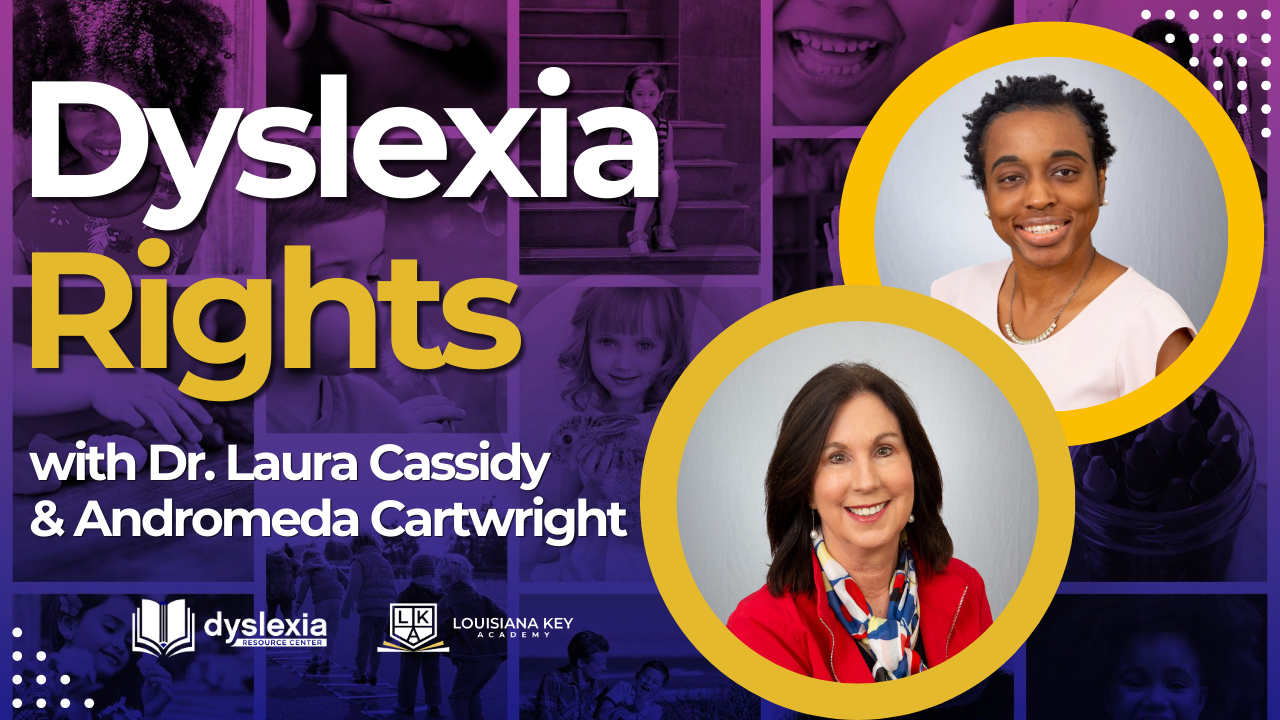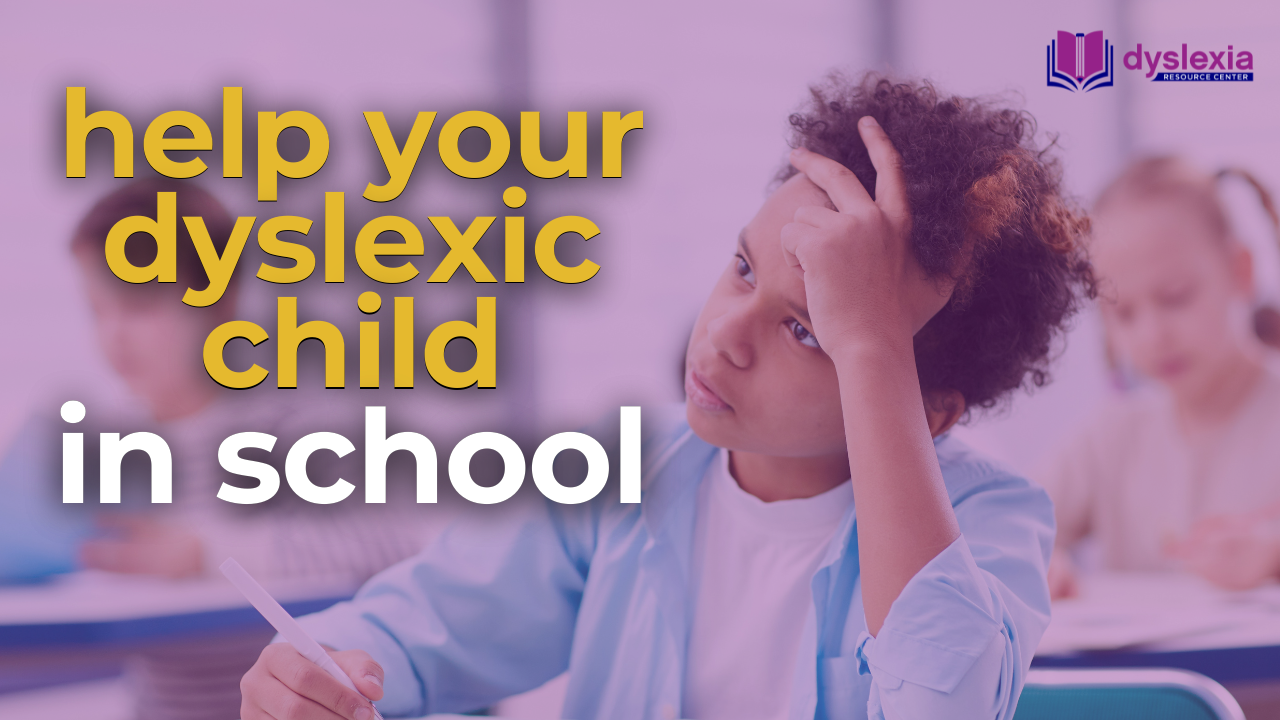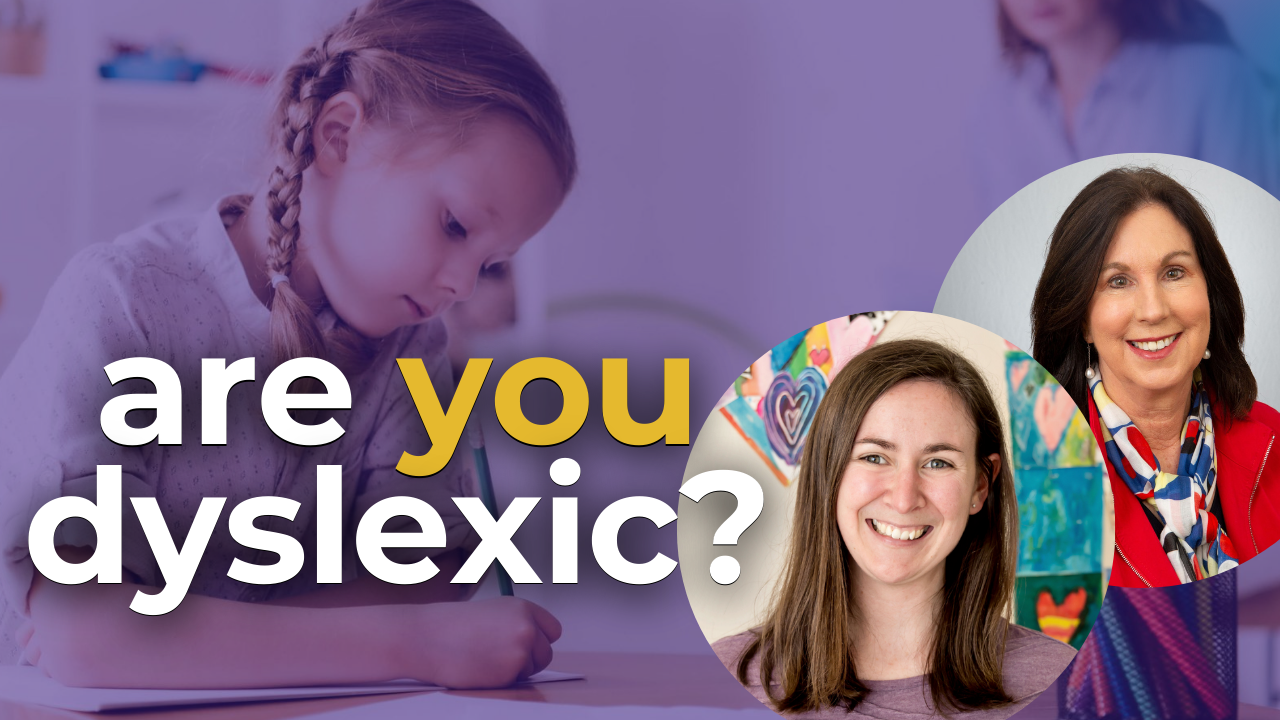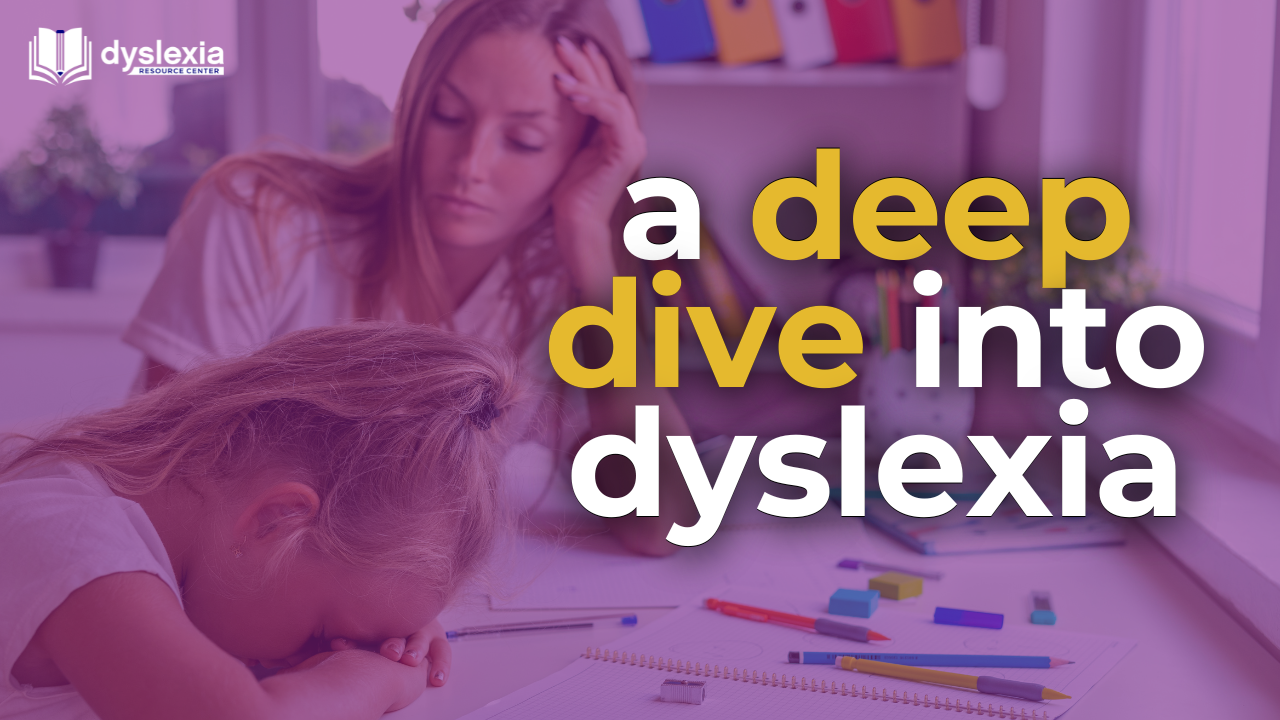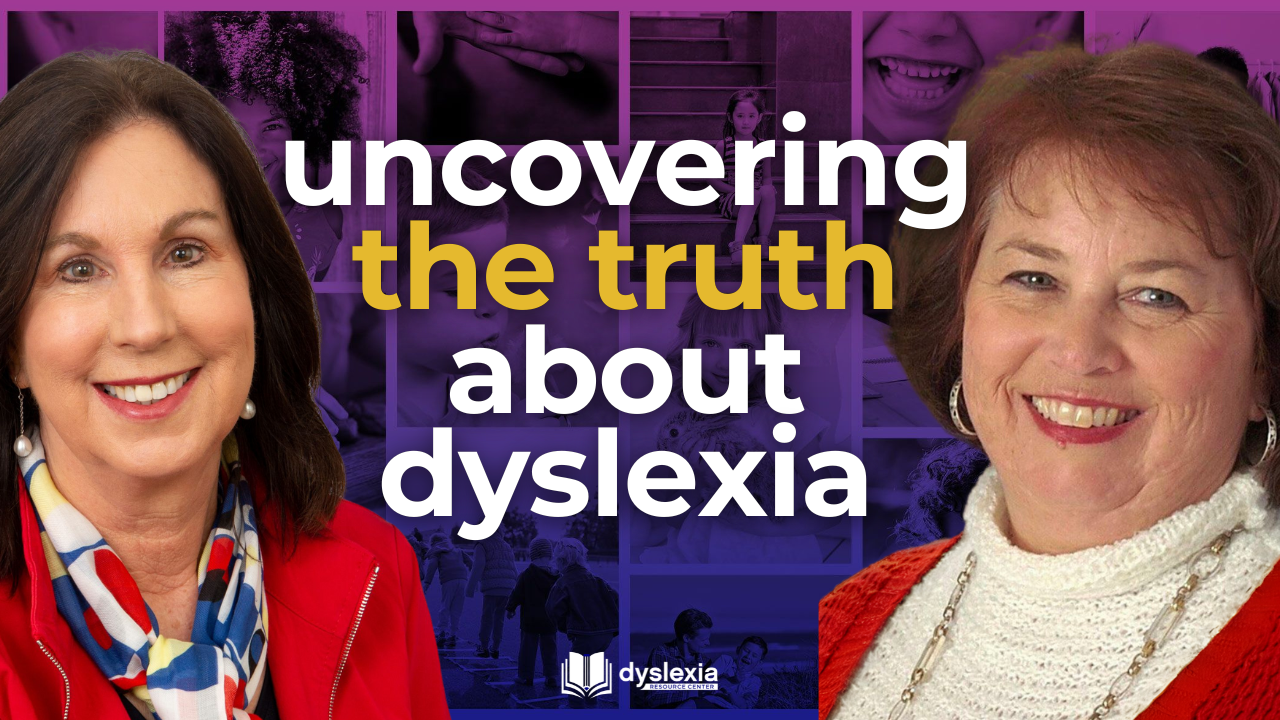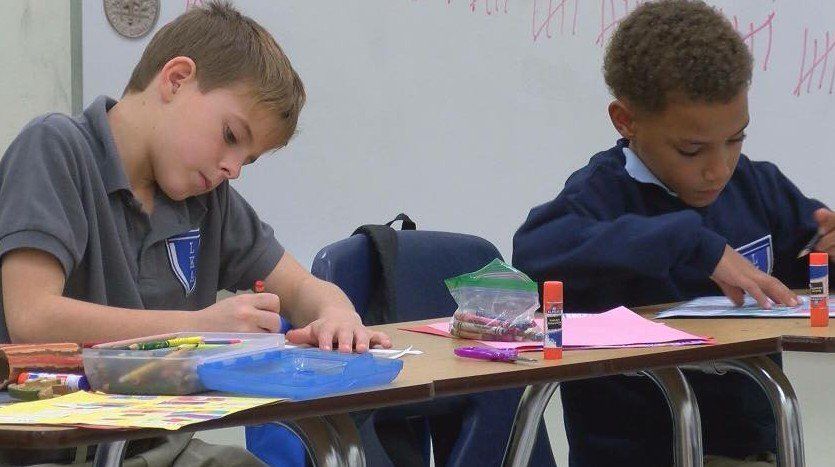Call Us (225) 384-5484
A Call To Volunteers And Workers In Schools

If you volunteer or work at a school and encounter a struggling reader, you have a unique opportunity. Please ask critical questions about students that need “extra help” for reading, that fail reading, or that attend “reading camp”.
If you read to the child, try having the child read to you. Not just sight words, but have them read text that is new to them-a book that they have never seen before. Memorization is part of reading but it is not the entirety.
Does the child know the alphabet? Can the child match sounds to the alphabet? Can a child read made up words or words other than assigned sight words?
Personalizing this endeavor could lead to real change. A child or an adult that cannot read will feel inferior and have poor self esteem.
If a child or adult has not been identified as dyslexic and struggles to read, they will think that they or stupid or lazy. How else to explain it? Policy makers may blame bad teachers or lack of vocabulary at home but that does not explain dyslexia and does not help a dyslexic student.
The consequences of our refusal to accept current science about dyslexia are real people that sit in classrooms and feel stupid (they are called stupid by their young peers), that drop out of school, or that end up in prison. We know these people. They are real people and they are young and old and the consequences affect their lives and our society.
Knowing that you are dyslexic does not solve all the problems but it does help people understand why they are struggling to read and that it has nothing to do with their intelligence. It enables children and adults to then ask the next question. And the next. How can I learn to read? Who can teach me?
And it helps them understand their struggles with spelling, writing, feeling rushed on tests, and failing tests even though they know the material.
I applaud those that volunteer or work at schools but we need you to go to the next level. Showing up at schools or prisons to work or volunteer is important but using your time and talents wisely is more important. The NAEP 2017 reading scores in the 4th grade show little improvement or loss from prior years. 50% of African Americans and Hispanics along with 30% of Caucasians read below basic. Our policies are not working and real lives are impacted. Blaming teachers may be easy but it is a false narrative. The teachers don’t get to chose the curriculum or the number of children in their class. We need teachers, administrators, and volunteers to understand dyslexia and institute changes for dyslexics.


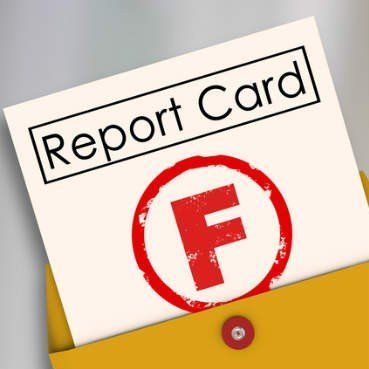
Quick Links
What is Dyslexia?
Dyslexia Services
WHO WE ARE?
The Dyslexia Resource Center was started by a group of concerned parents, medical doctors, and advocates who simply want everyone to know the truth about dyslexia, based on the most current science, and how that knowledge can translate into success in the classroom.
WHAT IS DYSLEXIA?
An unexpected difficulty in reading for an individual who has the intelligence to be a much better reader.
All Rights Reserved | Dyslexia Resource Center

